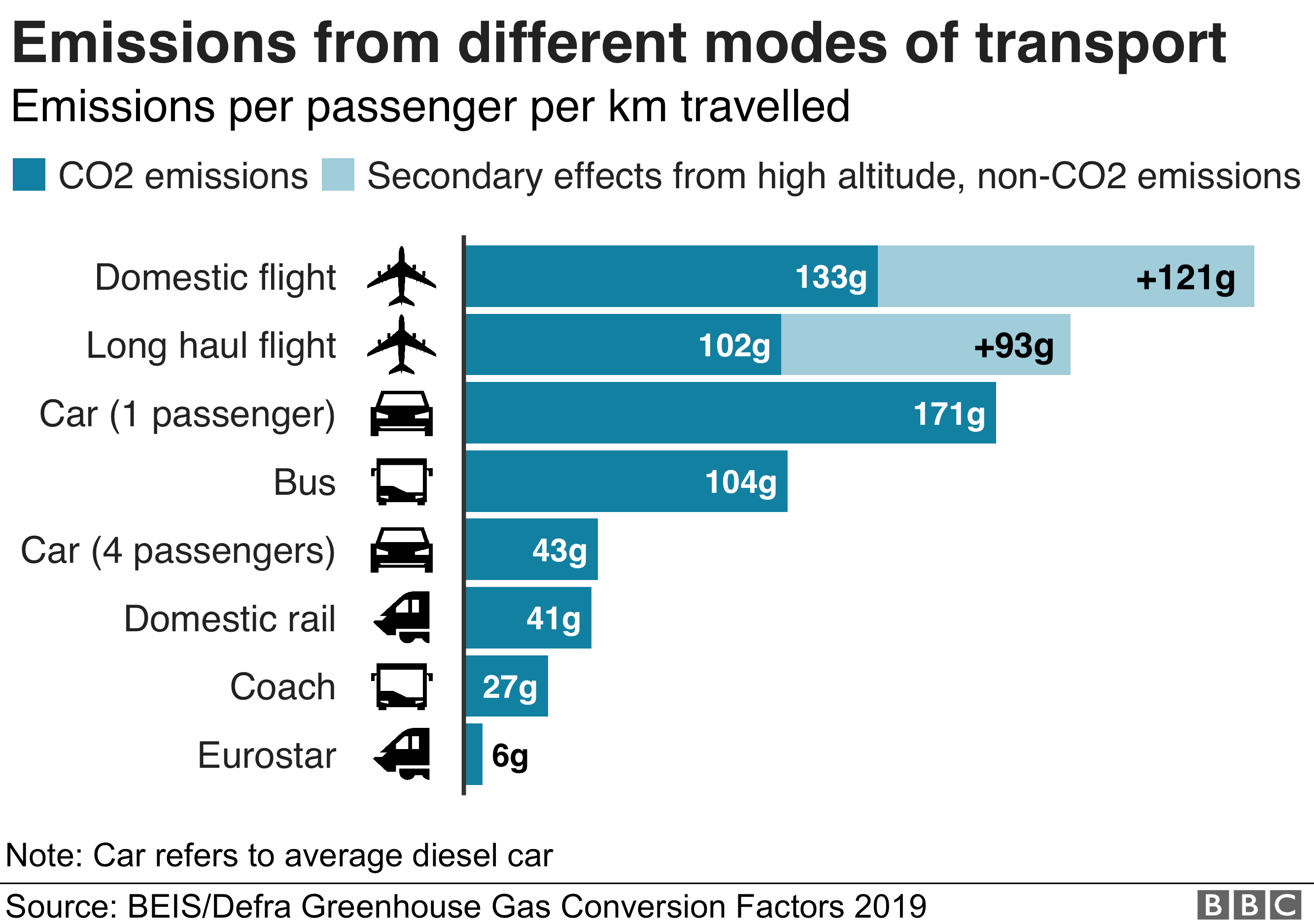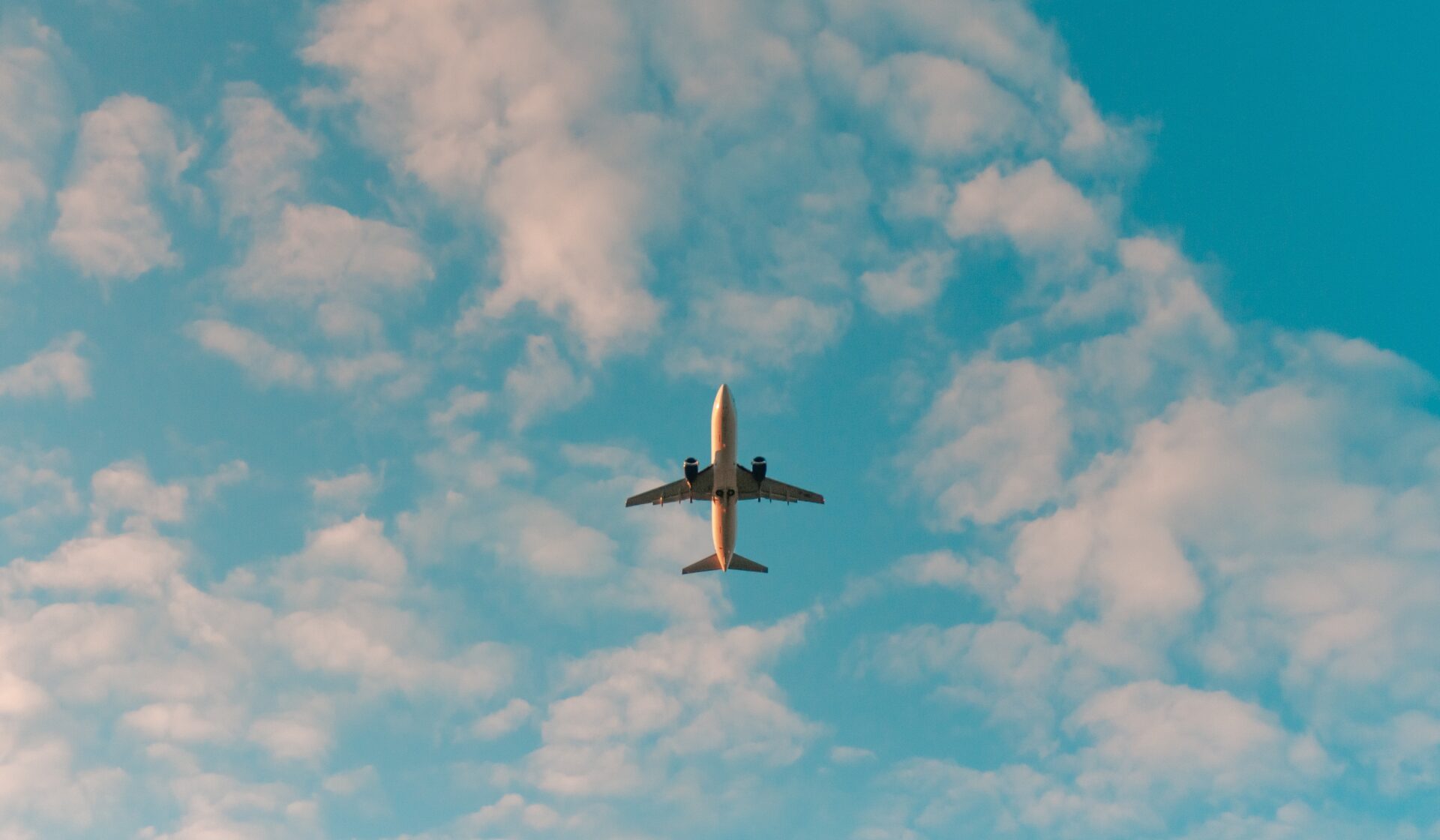A new report from the Royal Society has found that sustainable aviation solutions still need a great deal more research, resources, and investment before Britain can meet its ‘jet zero’ targets.
Unless you’re a member of the Kardashian family, you’ll know that flying is terrible for the environment.
Although it’d be unrealistic to assume we may eventually give it up altogether, foregoing this mode of transport – which accounts for 2.5 per cent of global atmospheric pollution – is one of the most impactful things we, as individuals, can do to reduce our carbon footprints.
Alas, air travel is convenient, fast, and (most often) cost-effective.
Which is why in the fight to prevent the Earth from heating any further, the responsibility shouldn’t fall on us alone to limit the quantity of fossil fuels being burned to power the 9,700 plus planes that are in the sky at any given moment.
Unfortunately, according to a new report from the Royal Society, it doesn’t look like those in power are on track to tackle this issue anytime soon.
In the UK, at least, where guilt-free flying remains out of reach because a great deal more research, resources, and investment is required before Britain can meet its ‘jet zero’ targets.

As the Royal Society explains, the nation would have to devote half its farmland or almost triple its total renewable electricity to make enough aviation fuel to achieve these ambitions.
Yet there doesn’t exist a single, clear, sustainable alternative to traditional kerosene fuel that could support the current level of flying (the demand for which is expected to increase in the coming year).
‘We need to be very clear about the strengths, limitations, and challenges that must be addressed and overcome if we are to scale up the required new technologies in a few short decades,’ says Graham Hutchings, chair of the report working group.




















